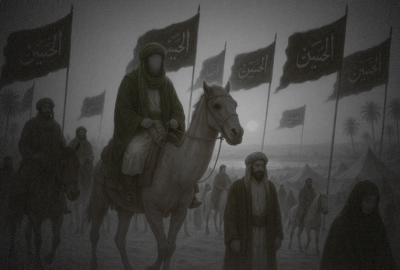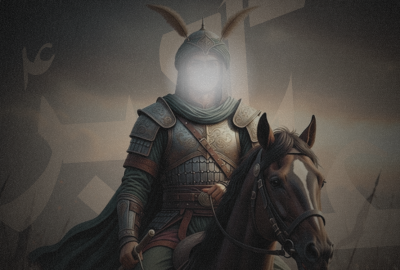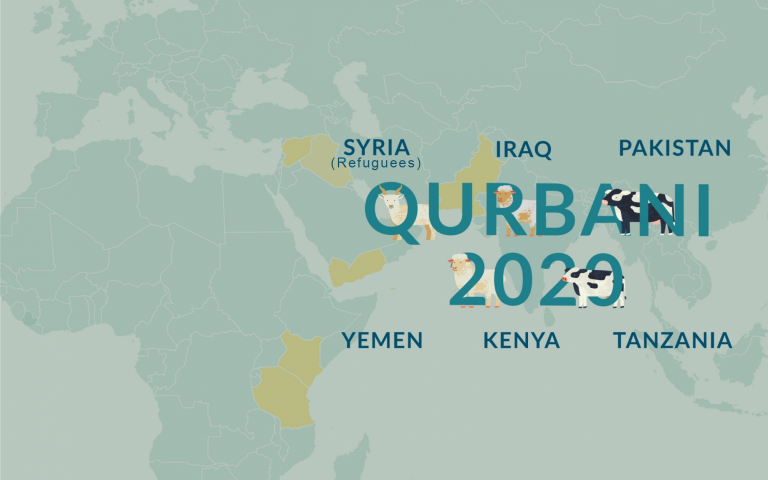The Arrival of Imam Hussain (as) to Karbala
This was the journey that would change the course of history.
When Imam Hussain (as), the grandson of Prophet Muhammad (saww), set out towards Kufa, he knew he was heading into the heart of sacrifice.
But it was on the 2nd of Muharram, in the year 61 AH, that his caravan arrived at the land destined to become a symbol of both justice and martyrdom: Karbala.
This is the story of not just a moment in history, but of a movement that continues to live in the hearts of millions.
The Land That Would Witness a Tragedy
Upon reaching the plains, Imam Hussain (as) asked those around him,
“Is this place Karbala?”
When they answered yes, he responded:
“This is the place of grief and trials. This is the place where our camels will kneel, our blood will be spilled, and our graves will be dug.”
With his small group of family and loyal companions, Imam Hussain (as) camped on the banks of the Euphrates.
The land that was once nameless would become a sacred destination for centuries to come.
Sacrifice and Martyrdom
Imam Hussain (as) knew what awaited him.
Despite knowing he would be denied water, surrounded by a brutal army, and ultimately martyred, he never wavered in his resolve.
His mission was not just to win a battle – it was to preserve the core morals of Islam. Of justice, dignity, and truth.
He famously declared:
“To me, death is nothing but happiness; and living under tyrants, nothing but living in a hell.” (Tuhaf al-Uqul, p. 245)
This powerful statement became a rallying cry for generations of believers.
The Death of the Imam, the Birth of a Legacy
Karbala was not just the site of a massacre – it was the land from which a timeless legacy grew.
By choosing death over submission to tyranny, Imam Hussain (as) lit a flame of resistance that could never be extinguished.
“He who has You has everything, and he who has deprived himself of You is the poorest in the world. Loser is the one who chooses and is content with anything other than You.” (Source: Bihar al-Anwar, Vol. 98)
His life and death became a model of unwavering devotion to Allah (swt), no matter the cost.
Karbala Lives On
Centuries later, the world still weeps for Karbala.
Millions walk the Arbaeen pilgrimage. Countless majalis echo with the grief of Sayyida Zaynab (sa). Even today, people of all backgrounds and ages raise the banner of “Labbayk Ya Hussain”.
But this remembrance must go beyond mourning. It must move us to action.
Honour Imam Hussain (as) This Muharram
Karbala calls you. Not just to remember, but to respond.
Give in their name. Act in their legacy. And worship in their honor.
Frequently Asked Questions (FAQs)
On the 2nd of Muharram, 61 AH, Imam Hussain (as) and his small group of family and companions arrived in Karbala. Aware of the danger ahead, he chose to camp there, knowing it would be the site of his martyrdom and the birthplace of a lasting spiritual movement.
Karbala is the site of the martyrdom of Imam Hussain (as), the grandson of Prophet Muhammad (saww), and his loyal companions. Their stand against tyranny and injustice became a timeless symbol of resistance, sacrifice, and faith, inspiring millions across generations.
Imam Hussain (as) stood not to claim political power but to preserve the moral and spiritual core of Islam. He refused allegiance to Yazid, whose corrupt leadership threatened the faith, and chose martyrdom over submission.
When Imam Hussain (as) said, “To me, death is nothing but happiness; and living under tyrants, nothing but living in a hell,” he was expressing his absolute commitment to justice. For him, dying for the truth was far better than living under oppression.
The legacy of Karbala is honored through mourning rituals in Muharram, the Arba’een pilgrimage, charitable acts, and global gatherings that keep Imam Hussain’s (as) message alive. His sacrifice continues to inspire activism, faith, and unity among Muslims worldwide.
You can honor Imam Hussain (as) by participating in acts of charity, supporting humanitarian causes, attending majalis (gatherings of remembrance), and embodying values of justice, compassion, and service – just as the Imam lived and died for.










